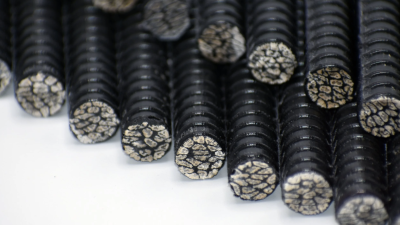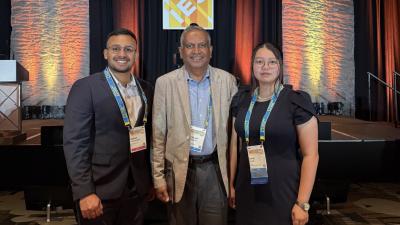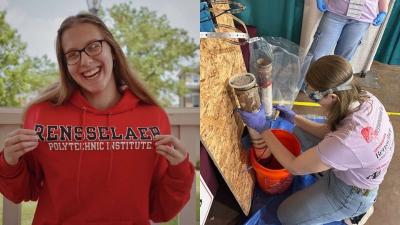New York Invests $1 Million in Hemp Manufacturing Lab to Advance Carbon-Negative Building Materials
Rensselaer Polytechnic Institute has secured $1 million to establish a state-of-the-art manufacturing laboratory that will transform industrial hemp into construction materials, textiles, and packaging, part of a broader effort to position New York state as a leader in sustainable biomanufacturing.




